2021 Update:
No updates have been made to Cannabis/ hemp- CBD laws in Texas.
In addition to the federal hemp laws laid out in the 2018 Farm Bill, each state has its own state hemp laws. Before we dive into Texas Hemp Laws and the legality of CBD in Texas, it is important to understand the different types of hemp and CBD products to which these laws may apply.
There are many (somewhat confusing) terms for hemp oil:
- Isolate or THC-Free Hemp Oil has only CBD, and all other plant compounds have been removed; THC is undetectable. Pure CBD Isolate can also be purchased in powder form.
- Full-Spectrum Hemp Oil has all plant compounds, including less than 0.3% THC.
- Broad-spectrum hemp oil has undetectable THC but contains other plant compounds.
- PCR (Phytocannabinoid-Rich) Hemp Oil with Zero-THC is a new marketing term for broad-spectrum hemp oil.
- CBG Hemp Oil is a hemp oil from a cannabigerol (CBG) rich hemp strain that has more CBG than is found in CBD Hemp Oil.
- Hemp Flower is the dried and harvested flower of the hemp plant. It can be used whole or extracted to make CBD isolate, Full-Spectrum CBD, or Broad-Spectrum CBD (PCR Hemp Oil).
FAQ: Hemp and CBD Legality in Texas
Is Hemp Flower Legal in Texas?
Update 7/22/2020: The Texas Department of Health and Human Services has released code 300.104 banning the retail and distribution of smokable hemp products. The department also approved code 300.201 Application for License or Renewal, which requires all hemp (and CBD) retailers (e-commerce and physical stores) to be licensed through the state.
In the Preamble to 300.104, the department explains the new laws in response to comments on the ruling, saying:
Comment: 1690 commenters opposed the prohibition of the retail sale of smokable hemp products contained in §300.104. Of the total, 1,425 comments were in form of emails, 184 were emails from individuals, one was by letter, 10 were by telephone, and 70 were emails from businesses.
Reasons for opposition to the prohibition of the retail sale of smokable hemp products contained in §300.104 include:
-A deleterious effect on the overall Consumable Hemp Product business in Texas, particularly on those businesses already selling the products.
-A negative impact on individuals who depend on smoking for rapid delivery of cannabidiol (CBD) to relieve medical conditions.
-Lack of authority for DSHS to include the retail ban in the proposed rule when it was not included in the language of Texas Health and Safety Code, Chapter 443.
-Lack of constitutionality under the Texas Farm Bill.
Response: DSHS disagrees with these commenters. H.B. 1325 (Texas Health and Safety Code, Chapter 443) requires DSHS to develop rules regulating the manufacture, distribution, and sale of consumable hemp products. DSHS cannot reasonably approve the retail sale of products of which H.B. 1325 clearly prohibits the manufacture in Texas Health and Safety Code, §443.204(4). DSHS considers the retail ban in proposed §300.104 a logical extension of the manufacturing ban in Texas Health and Safety Code, §443.204(4). No change was made to the rule in response to these comments.
Comment: One commenter requested that DSHS not remove hemp flower. The comment is brief, and the commenter does not indicate whether the intention is to use hemp flower for smoking or as a food product.
Response: DSHS does not agree with the commenter and declines to revise the rule. Properly tested and labeled hemp flower, marketed for use other than smoking (e.g. as a tea or a food additive) does not fall under the retail ban contained in §300.104.
The department does not elaborate on its response to the second comment, suggesting hemp flower can be used as a food or drink additive. It is not federally legal to add CBD hemp flower or CBD extract to food or drink, so this seems to refer to hemp products like non-CBD hemp oil and hemp grain that the FDA does recognize as a generally safe ingredient (does not include any CBD product or CBD hemp flower).
It is no longer legal to possess and use smokable hemp flower under Texas law. Legal experts in the hemp industry have been concerned for the future of smokable hemp in Texas since the passage of HB 1325:
HB 1325 expressly prohibits the processing and manufacture of products “containing hemp for smoking.” “Smoking” is defined as “burning or igniting a substance and inhaling the smoke or heating a substance and inhaling the resulting vapor or aerosol.”
Nathalie Bougenies. Hemp CBD Across State Lines: Texas.
Is Full-Spectrum CBD Legal in Texas?
That is a trick question because full-spectrum CBD is not the same as the so-called PCR Hemp Oil! This new marketing term is certainly introducing even more confusion around CBD products. However, all of these types of products are legal to buy, sell, and use in Texas.
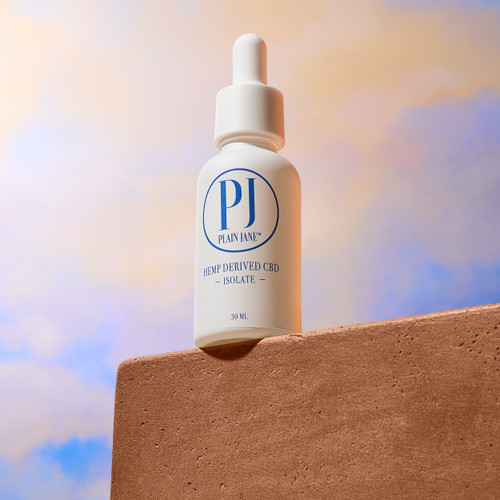
CBD oil is definitely legal in Texas. However, retail stores must be registered with the state.
Is It Legal to Ship PCR Hemp Oil to Texas?
It is legal to ship ALL types of hemp products with less than 0.3% THC to Texas.
Where to Buy Full-Spectrum CBD Oil in Texas?
Under Texas Hemp Laws, CBD and hemp products can be purchased online or in stores.
Do you need a special license to purchase PCR Hemp Oil in Texas?
You don’t need a special license to purchase CBD hemp oil (all types) in Texas, only to grow, test, or sell products.
How Does Texas Legally Define Hemp?
HB 1325 legalized production, manufacture, retail sale, and inspection of hemp and of various hemp products, including “consumable hemp products.” “Consumable hemp product” means “food, a drug, a device, or a cosmetic […] that contains hemp or one or more hemp-derived cannabinoids, including cannabidiol.”
...'hemp' means the plant Cannabis sativa L. and any part of that plant, including
the seeds of the plant and all derivatives, extracts, cannabinoids, isomers, acids, salts, and salts of isomers, whether growing or not, with a delta-9 tetrahydrocannabinol concentration of not more than 0.3 percent on a dry weight basis.Texas HB 1325
Growing and Selling Hemp in Texas
Hemp is a new crop in Texas, with legal licensing for farmers just becoming available in 2020. Sellers, growers, and handlers of hemp and CBD products must register with the state.
The regulation of CBD consumables, including CBD oil, will be handled in accordance with Food and Drug Administration (FDA) guidelines. The state agency with oversight of CBD consumables is the Texas Department of State Health Services (DSHS) and not TDA.
Retail Hemp and CBD products must comply with Texas hemp laws:
- Products must contain no more than 0.3% THC
- Products must come from a registered farm
- Products must be tested by a licensed laboratory
- The THC must be reported as “total THC”
In addition to Texas state CBD laws and the 2018 Farm Bill hemp laws, the US Food and Drug Administration (FDA) has additional requirements for CBD and hemp companies to meet.
Texas state hemp laws allow for many products, but specify they must comply with FDA guidance:
- Hemp concentrates and extracts (oils and tinctures)
- Industrial hemp for building or fiber materials
- Hemp topicals
- Industrial hempseed (food product)
- Industrial hempseed oil (food product)
Texas is new to hemp and has not been friendly to marijuana. It has taken a lot of hard work and grassroots efforts just to finally get a Texas hemp farming plan that is approved by the USDA.
Hemp is so popular in Texas, though! There is a very large consumer interest, and businesses are eager for economic opportunities. The prohibition of smokable hemp flower is likely to be challenged in the future.
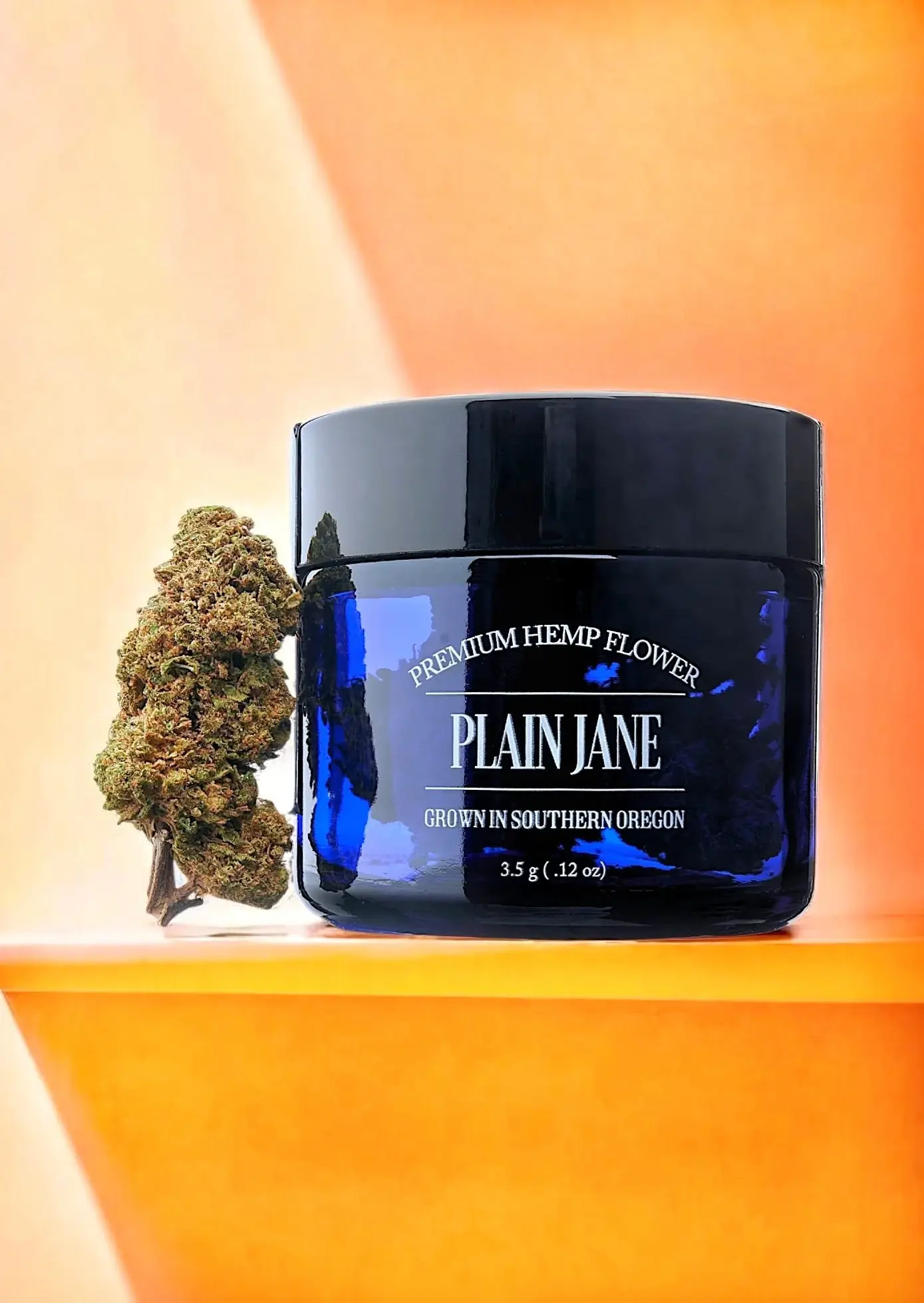
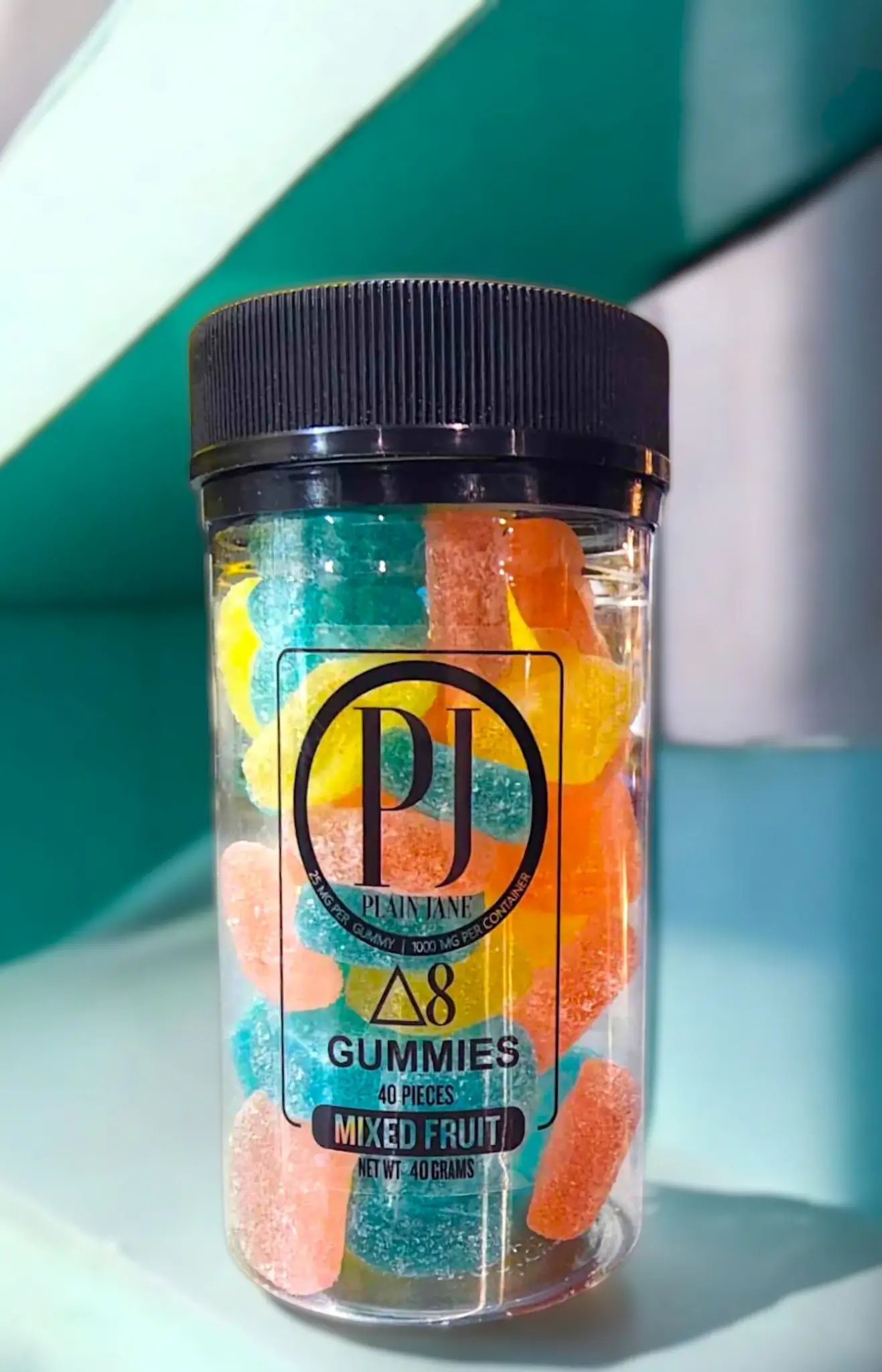
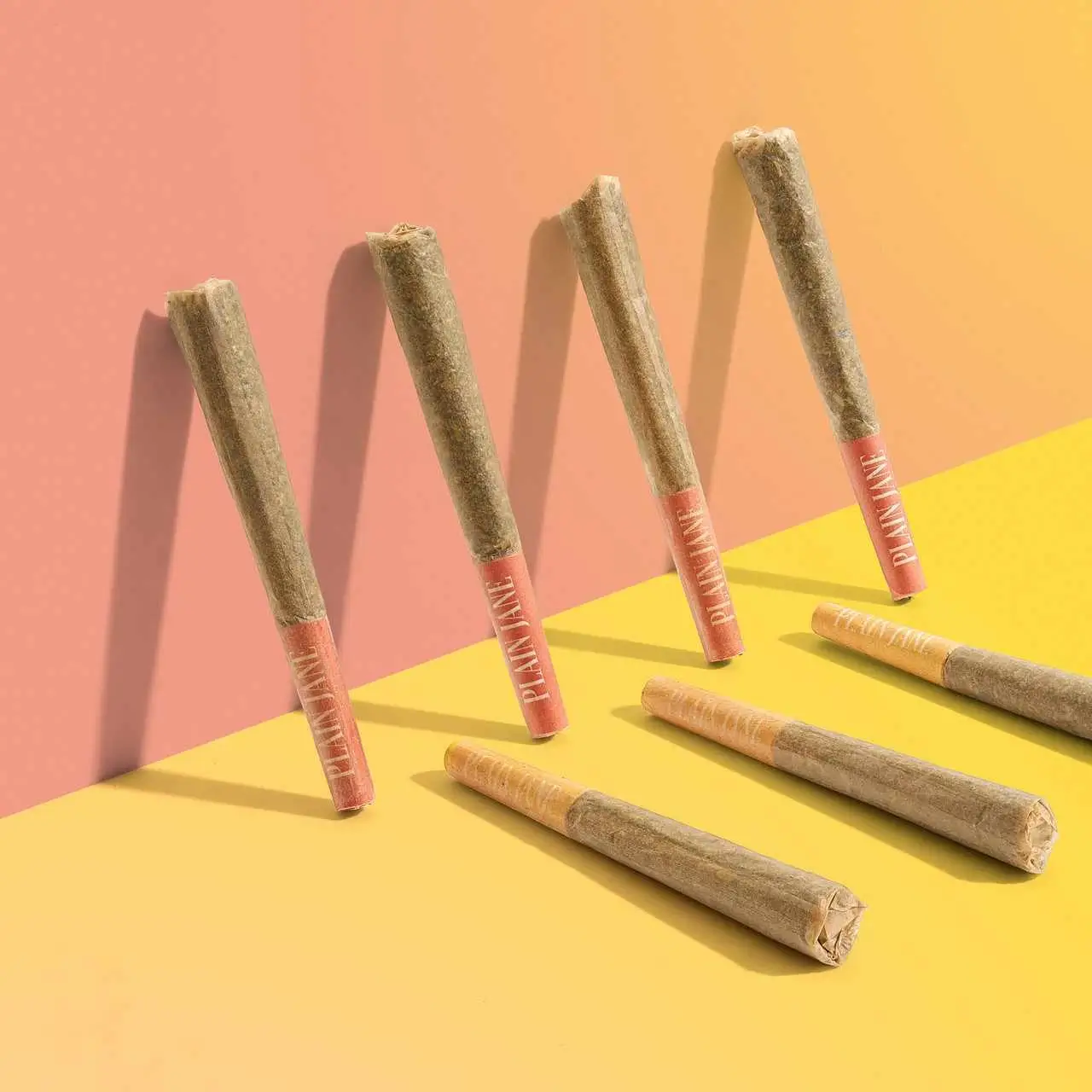
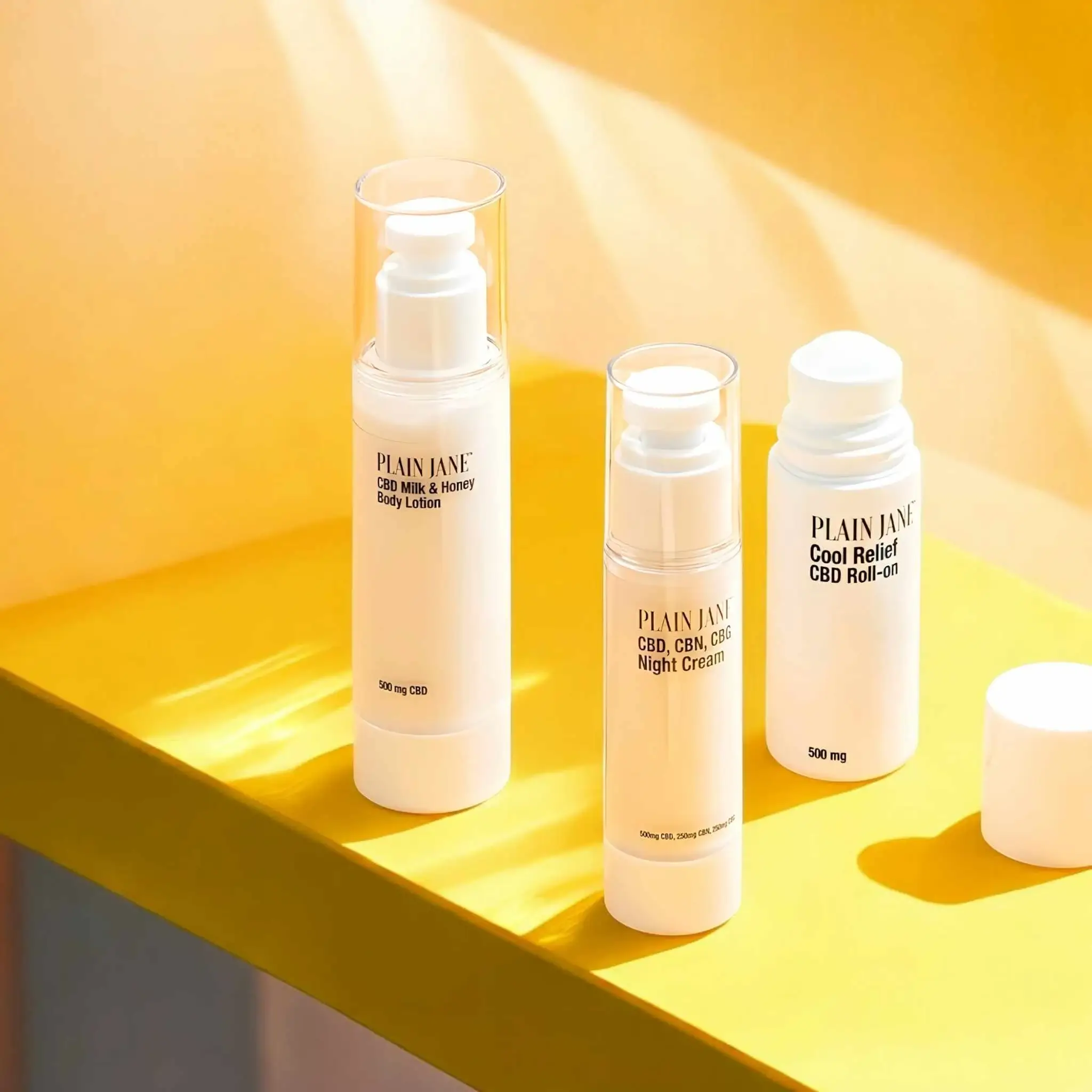
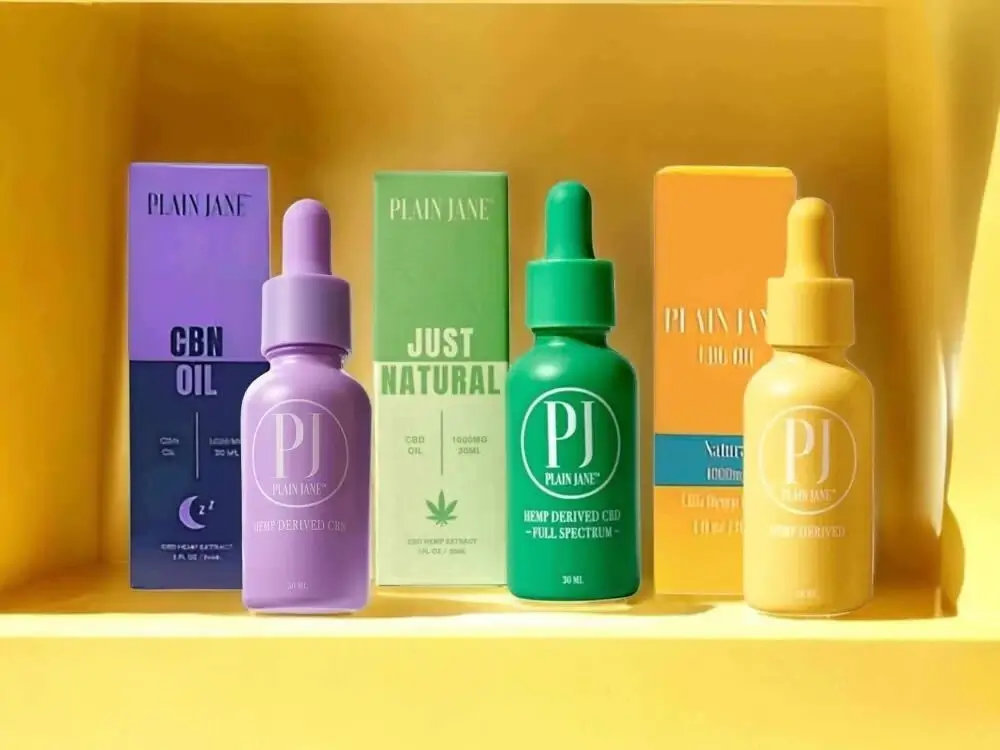
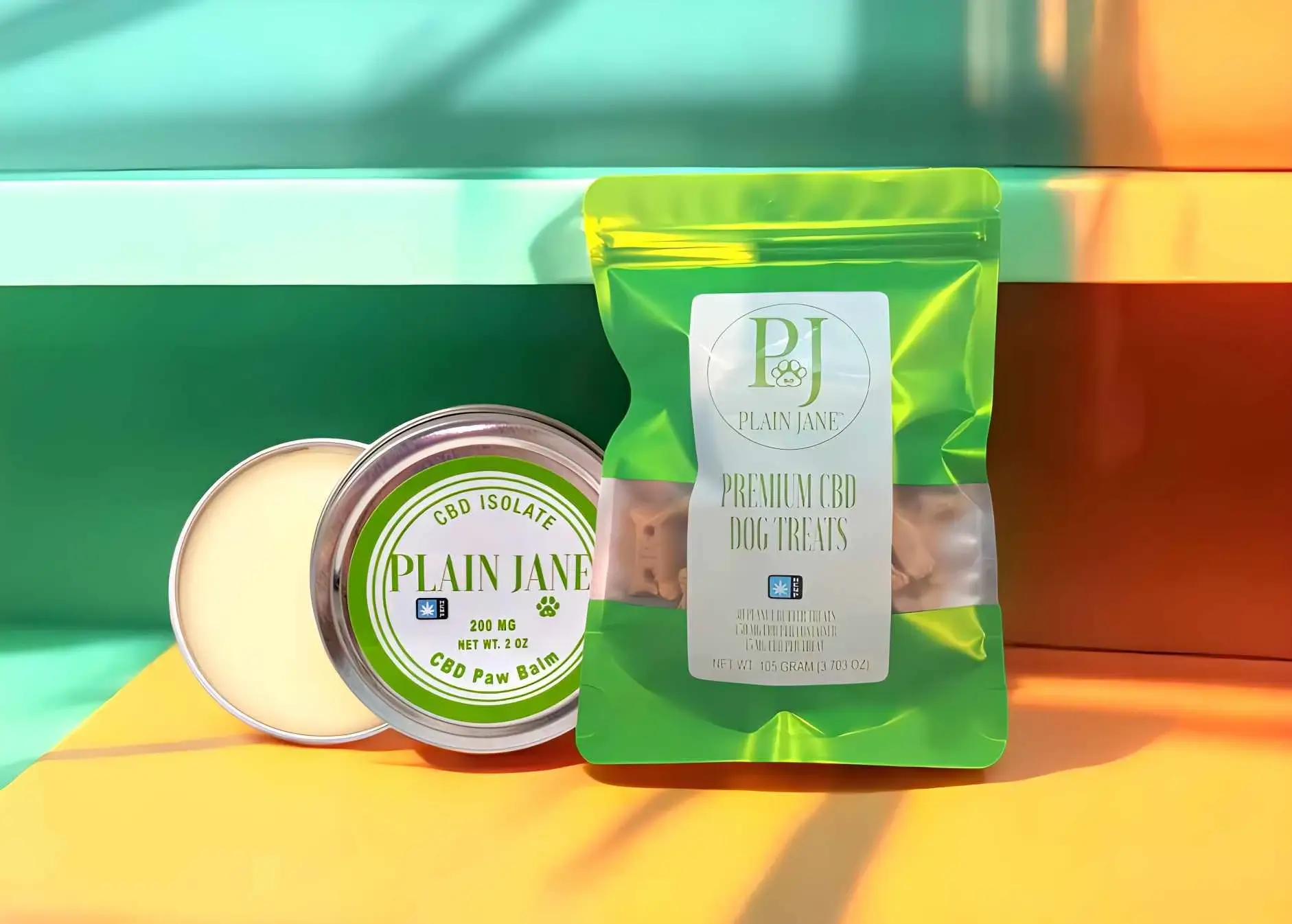
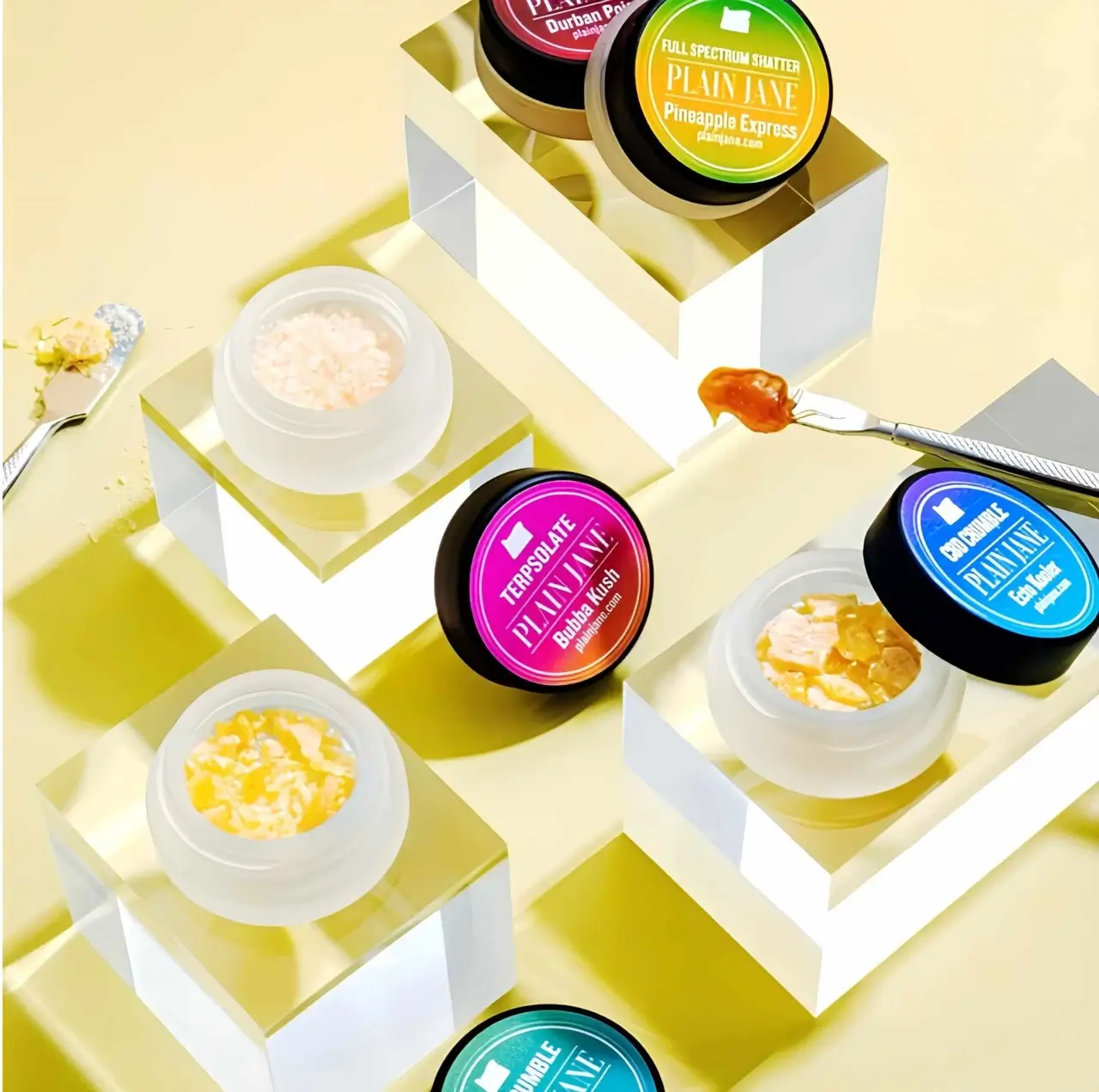
0 comments